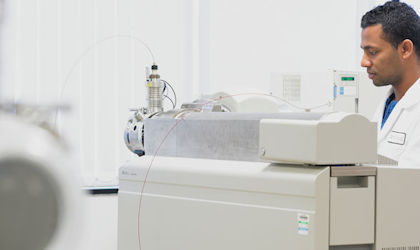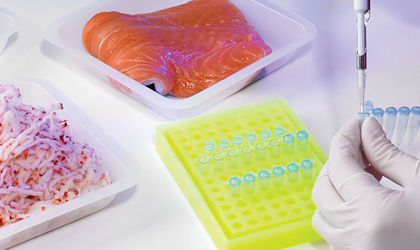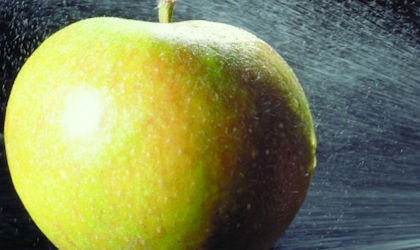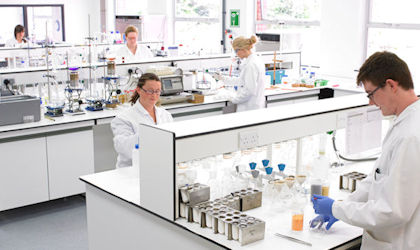Nutritional analysis
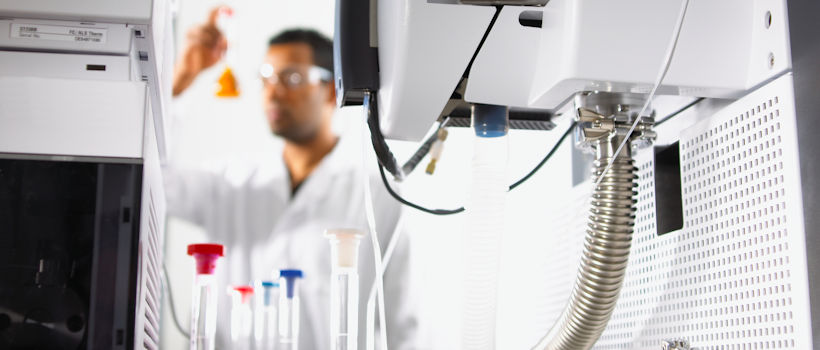
To discuss your needs
Nutritional analysis of foods allows the nutritional composition to be scientifically determined and measured. This is important as the nutritional composition of food is of major significance to the consumer and to authorities.
Campden BRI has an extensive range of nutritional analysis capabilities, including those listed below:
- Fats - including analysis for saturated, monounsaturated, polyunsaturated, trans fats, omega 3 & 6.
- Proteins.
- Carbohydrates - including sugars, starch, inulin, polysaccharides, polyols.
- Mineral matter and ash.
- Dietary fibre - by the AOAC method.
- Salt.
- Meat and fish content.
- Connective tissue in meat products.
- Alcohol.
- Minerals, trace metals and other trace elements.
- Vitamin.
- Antioxidants.
- Additives - including preservatives, antioxidants, sweeteners, colours, emulsifiers and stabilisers and gelling agents.
- Organic acids - lactic, citric, malic, etc.
Key services

Ethylene oxide residue testing
Precise testing services to ensure the safety of your products and retain consumer trust.

Meat, poultry and seafood analysis
Analysis supporting meat, poultry and seafood suppliers, manufacturers and retailers.

Food quality and spoilage - chemical issues
Expertise in a variety of areas to help you identify quality and spoilage issues.
Nutrition training courses
Explore our nutrition related courses including; Nutrition and health claims and Sugar reduction in foods
Are you getting the most from your Membership?
Watch our membership FAQ videos and find out more about Member Service Account spending, Member Interest Groups, help and advice
Where we refer to UKAS Accreditation
The Campden BRI group companies listed below are accredited in accordance with the recognised International Standard ISO/IEC 17025:2017 by the United Kingdom Accreditation Service (UKAS). The accreditation demonstrates technical competence for a defined scope of methods, specific to each site, as detailed in the schedules of accreditation bearing the testing laboratory number. The schedules may be revised from time to time and reissued by UKAS. The most recent issue of the schedules are available from the UKAS website www.ukas.com. Campden BRI (Chipping Campden) Limited is a UKAS accredited testing laboratory No. 1079




